Selecting the correct programming language is a decision that can profoundly impact the success of a web application. Each language brings its own set of strengths, characteristics, and unique capabilities. The choices are abundant, ranging from the tried-and-true stalwarts like JavaScript to the rising stars like Swift and TypeScript. We will explore the best web app development languages in 2024. The future of web app development is here, and it’s time to seize it with the correct language by your side.
- The best web app development languages in 2024 include JavaScript, Python, Java, C#, PHP, Go, TypeScript, Ruby, Swift, and Scala.
- Each language has unique strengths, such as JavaScript’s integration with HTML and CSS, Python’s simplicity, Java’s versatility, C#’s robustness, PHP’s database compatibility, Go’s speed, TypeScript’s static typing, Ruby’s elegance, Swift’s performance, and Scala’s scalability.
- Ficus Technologies offers expertise in various web app development languages, tailoring solutions to clients’ needs and goals.<br>
What is a Programming Language?
Programming languages come in various forms, each designed with specific purposes and strengths. They can be broadly categorized into high-level languages like Python, JavaScript, and Java and low-level languages like Assembly, which are closer to machine code. High-level languages are human-friendly and provide abstraction from hardware details, making them suitable for web application development.
In web development, high-level languages simplify the creation of interactive, dynamic, and responsive websites and applications. JavaScript, for example, is a staple for front-end development, allowing developers to manipulate web page content, create animations, and handle user interactions seamlessly. As we delve into the dynamic field of web development in 2024, understanding the essence of programming languages is crucial.
What are the Best Languages for Web Application Development in 2024?
In 2024, the demand for responsive, feature-rich, high-performance web applications continues to soar. To meet these demands, developers must navigate through many programming languages, each with unique strengths and capabilities.
JavaScript
One of its standout features is its ability to seamlessly integrate with HTML and CSS, the fundamental building blocks of web pages. JavaScript adds functionality to web pages, allowing user interactions like form validation, animations, and data manipulation without reloading the entire page.

Moreover, JavaScript has witnessed continuous advancements and improvements over the years. Major libraries and frameworks like React, Angular, and Vue.js .
Another notable aspect is the thriving JavaScript ecosystem. Node.js, a JavaScript runtime environment, enables server-side development, making it possible to build full-stack applications using a single language.
Python
Python has earned its reputation as one of the most versatile and user-friendly programming languages available for web application development in 2024. Known for its simplicity and readability, Python has consistently been a preferred choice among developers for various applications, including web development.

Python’s elegant syntax makes it easy for developers to write clean and maintainable code.
Web frameworks like Django, Flask, and Pyramid have amplified Python’s capabilities for web development. These frameworks provide a structured way to build web applications, handling many repetitive tasks and allowing developers to focus on creating unique and powerful features.
Python’s cross-platform compatibility allows web applications developed in Python to run smoothly on various operating systems, enhancing accessibility for a broader audience.
Java
Developed by Sun Microsystems (now owned by Oracle), Java has stood the test of time. It is known for its “Write Once, Run Anywhere” capability, making it a versatile option for developers.

One of Java’s strengths is its extensive ecosystem, including robust frameworks like Spring and Hibernate, simplifying web application development by providing pre-built modules and libraries. Java’s object-oriented nature promotes clean and organized code, enhancing readability and maintainability.
With the adoption of Java 17 and Project Loom, Java continues to evolve to meet the changing demands of web development.
C#
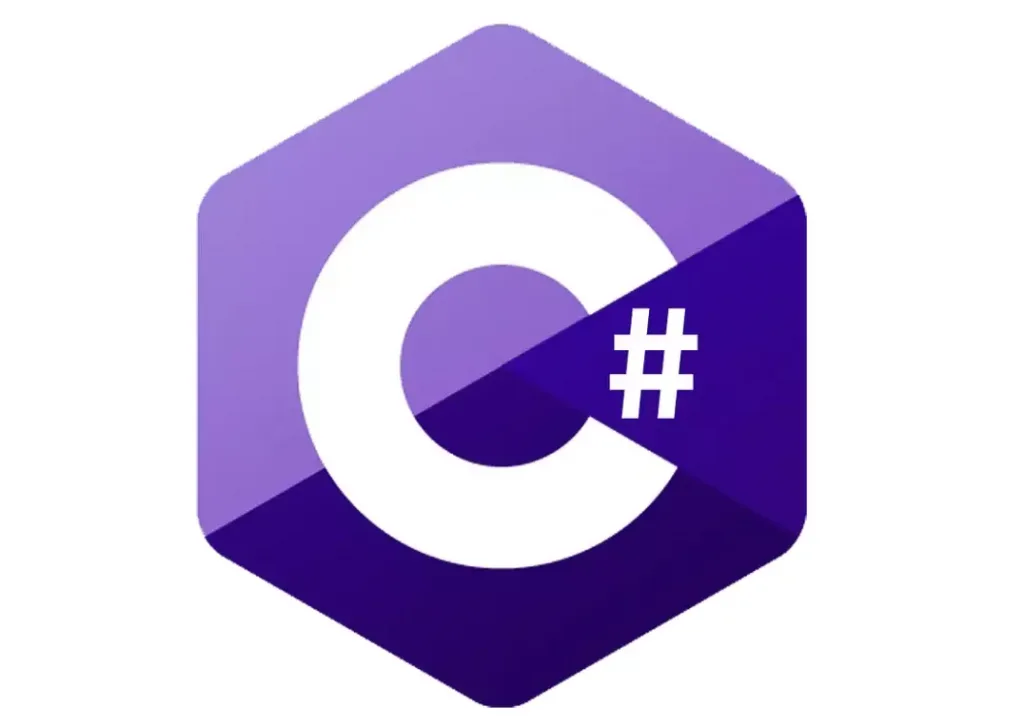
C# is a robust and versatile language that continues to be a top choice for web application development in 2024. Developed by Microsoft, C# has gained immense popularity due to its simplicity, extensive libraries, and excellent integration capabilities.
One of C#’s standout features is its close relationship with the .NET framework, which provides developers with a powerful platform for building front-end and back-end web applications.
C# is renowned for its robust typing system, which aids in catching errors at compile-time rather than runtime, resulting in more stable and efficient code.
The language’s modern syntax, similar to other C-based languages such as C++ and Java, makes it accessible to developers familiar with these languages.
PHP
PHP, a server-side scripting language, has maintained its significance in web development in 2024. Initially designed for web development, PHP has evolved into a versatile language suitable for crafting dynamic and interactive web applications.
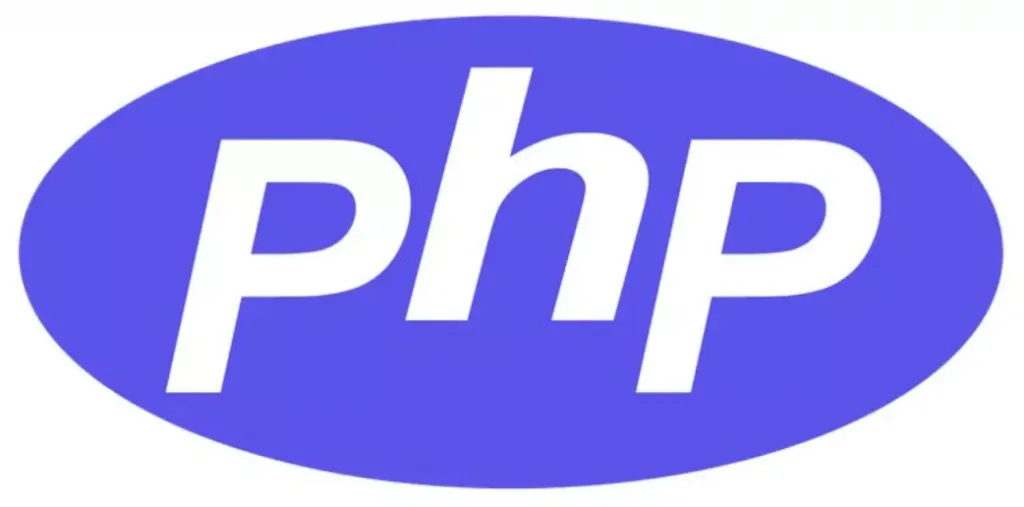
One of PHP’s key advantages is its compatibility with a wide range of databases, making it an excellent choice for database-driven web applications. It seamlessly integrates with MySQL, PostgreSQL, Oracle, and other popular database management systems, facilitating efficient data retrieval and storage.
PHP’s syntax is relatively straightforward, resembling C and Perl, making it accessible to developers of various backgrounds.
Go

Go, often called Golang, has emerged as a powerful choice for web application development in 2024. Created by Google, Go is designed to be efficient, concise, and highly performant, making it an excellent option for building web applications that need to scale gracefully.
One of Go’s standout features is its speed.
Go’s simplicity in terms of language design and syntax encourages clean and readable code. It offers robust support for concurrent programming, allowing developers to create scalable applications that efficiently handle many concurrent users.
Ready to choose the perfect programming language for your web app in 2024?
Contact UsTypeScript
Developed and maintained by Microsoft, TypeScript offers a statically typed alternative to JavaScript, making it ideal for building complex and scalable web applications.
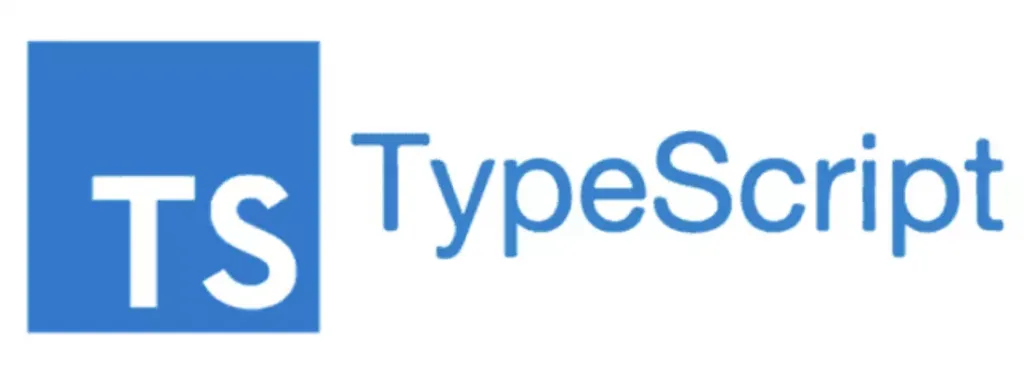
One of TypeScript’s significant advantages is its ability to catch errors during development, thanks to its static typing system.
TypeScript offers excellent tooling support, with robust code editors like Visual Studio Code providing enhanced IntelliSense, refactoring capabilities, and integrated debugging. This makes the development process smoother and more efficient.
Ruby
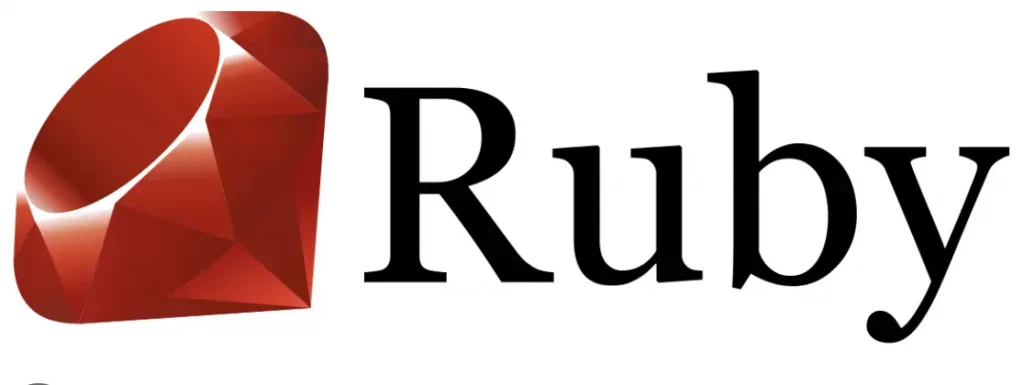
Ruby is a dynamically typed and object-oriented programming language celebrated for its simplicity and elegant syntax.
The introduction of Ruby on Rails (or Rails), a robust web application framework built with Ruby, has further propelled Ruby’s popularity. Rails adheres to the convention over configuration (CoC) and doesn’t repeat yourself (DRY) principles, streamlining development and promoting code reusability. This has led to the creation of applications like GitHub, Airbnb, and Shopify.
In 2024, Ruby remains a valuable choice for web application development. Its expressive syntax, combined with the capabilities of Rails, makes it an excellent option for rapidly creating web apps while maintaining code quality and readability.
Swift

Initially created for iOS, macOS, watchOS, and tvOS app development, Swift has since expanded its reach into the broader world of web development.
One of Swift’s key strengths is its speed and performance. Swift’s performance is crucial in web development, where quick response times and smooth user experiences are paramount.
In web app development, Swift builds server-side applications and APIs. Tools like Vapor and Kitura have emerged to facilitate server-side Swift development, offering robust frameworks for creating web applications.
Scala
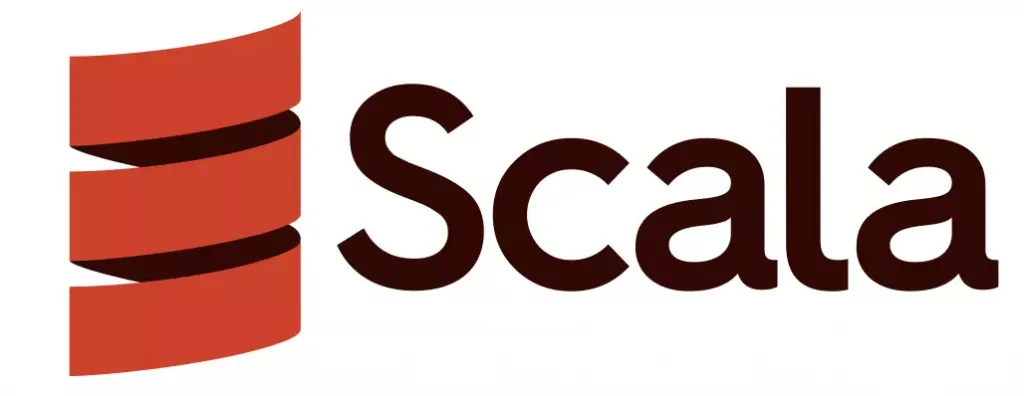
Scala is often used in web development with popular frameworks like Play and Akka, which provide tools for building high-performance and scalable web applications.
Scala has a growing ecosystem and an active community, ensuring its relevance in 2024 and beyond. Its emphasis on functional programming concepts aligns with the industry’s shift towards building reliable, maintainable, scalable web applications.
As businesses seek innovative and robust solutions for web development, Scala continues to be a compelling choice, offering a blend of productivity, performance, and modern development principles.
Conclusion
Ficus Technologies team of seasoned professionals possesses an in-depth understanding of all web app development languages, allowing us to navigate the intricacies of each with finesse. Whether your project is a simple, elegant solution or a complex, multifaceted application, our expertise ensures you’ll receive a first-class product that stands head and shoulders above the rest.
At Ficus Technologies, the accurate measure of our success is the success of our clients. We are committed to working closely with you, from ideation to execution, to transform your vision into a digital reality. Our proficiency extends beyond the confines of languages or frameworks as we tailor our solutions to your needs and goals.
Yes, web applications can be developed using a combination of multiple programming languages. This approach is known as polyglot programming. Different languages may be chosen for specific components or functionalities based on their strengths. For example, using JavaScript for front-end interactivity, Python for server-side logic, and SQL for database interactions. This allows developers to leverage the best features of each language and create a well-rounded, efficient web application. However, it requires careful integration, communication between components, and expertise in the chosen languages to ensure a seamless and cohesive development process.
Yes, certain programming languages excel in specific industries or use cases. For instance, Python is widely favored in data science, artificial intelligence, and machine learning due to its extensive libraries. JavaScript is dominant in web development, particularly for building interactive and dynamic user interfaces. Java is prevalent in enterprise-level applications and Android app development. C# is prominent in Windows application development and game development using Unity. PHP is often chosen for server-side scripting in web development. Industries such as finance may prefer languages like Java for their stability. The choice often depends on the specific requirements and characteristics of the industry or use case.








